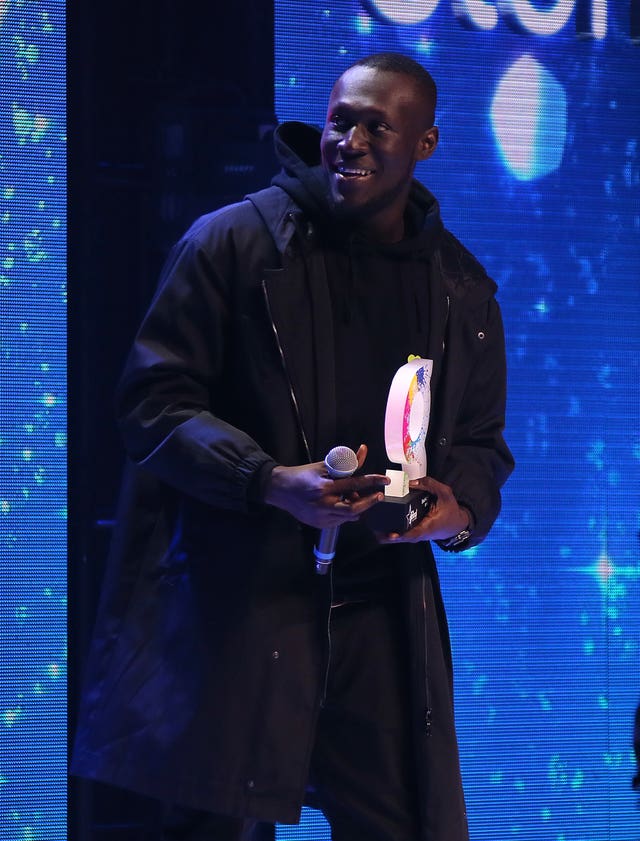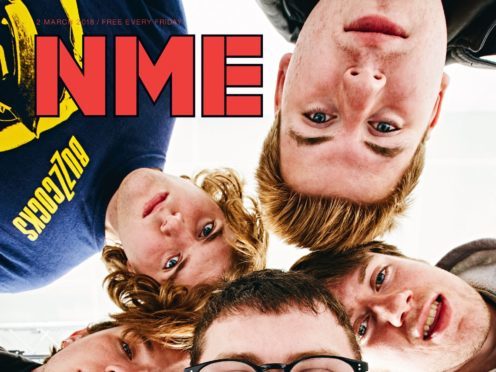NME, one of the world’s most famous music magazines, is ceasing its weekly print edition.
Publishers said that the magazine would release its final free print edition on Friday, citing rising production costs and a “tough” advertising market.
It will be “focusing investment on further expanding NME’s digital audience”, Time Inc said.
The magazine, which launched in 1952, went free in September 2015.
Paul Cheal, Time Inc UK group managing director, Music, said: “NME is one of the most iconic brands in British media and our move to free print has helped to propel the brand to its biggest ever audience on NME.com.
“The print re-invention has helped us to attract a range of cover stars that the previous paid-for magazine could only have dreamed of.
“At the same time, we have also faced increasing production costs and a very tough print advertising market.
“Unfortunately, we have now reached a point where the free weekly magazine is no longer financially viable. It is in the digital space where effort and investment will focus to secure a strong future for this famous brand.”
Publishers said NME would continue releasing special issues in print.
Last year, grime star Stormzy attacked the magazine for using his image on the front of an issue focusing on depression.

The development comes at a tumultuous time in the magazine world, with Glamour announcing it would be printing a paper magazine only twice a year, and with its online site focusing on beauty.
NME said new services, as part of its digital extension, would include new music channels and a weekly franchise, The Big Read, online, replacing the weekly cover star interview.
Keith Walker, digital director of NME, said: “NME has been at the digital forefront for more than two decades. Our global digital audience has almost doubled over the past two years.
“With these new developments, we are giving consumers even more of what they want from us. By making the digital platforms our core focus, we can accelerate the amazing growth we’ve seen and reach more people than ever before on the devices they’re most naturally using.”
